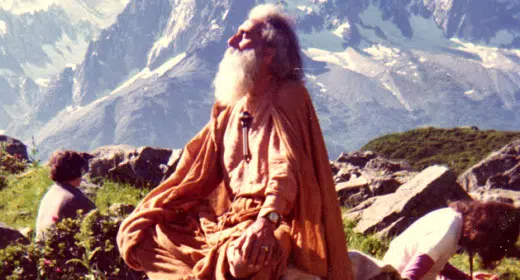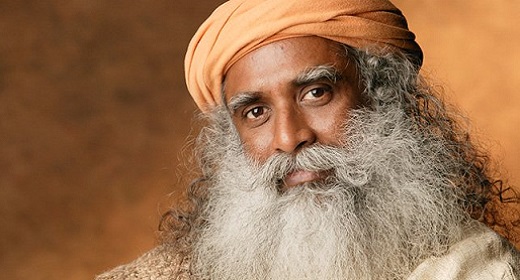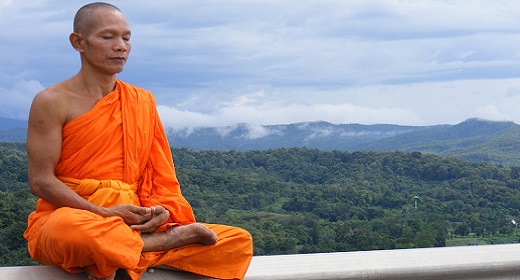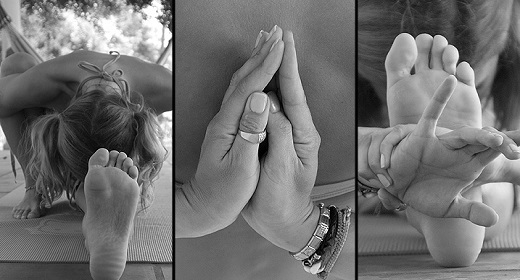by Jack Kornfield: Consciousness is colored by the states that visit it.—Buddha

“Eh,” my teacher Ajahn Chah would peer at me when I was having a hard time, “caught in some state again?” In the forest monastery we were constantly being directed both to look at consciousness itself and to precisely name the states that rose to fill it throughout the day: frightened, bored, relaxed, confused, resentful, calm, frustrated, and so forth.
Ajahn Chah would sometimes ask us out loud about our states so that we could acknowledge them more clearly. To a recently divorced monk from Bangkok he chided, “Is there sadness? Anger? Self-pity? Hey, these are natural. Look at them all.” And to a confused English monk he laughed, “Can you see what is happening? There is distraction, confusion, being in a muddle. They’re only mind states, you know. Come on. Do you believe your mind states? Are you trapped by them? You’ll suffer for sure.”
Once we became more skilled at noticing, he would up the ante. He would deliberately make things difficult and watch what happened. In the hottest season, he would send us out barefoot to collect alms food on a ten-mile round trip, and smile at us when we came back to see if we were frustrated or discouraged. He’d have us sit up all night long for endless teachings, without any break, and check in on us cheerfully at four in the morning. When we got annoyed, he’d ask, “Are you angry? Whose fault is that?”
In popular Western culture we are taught that the way to achieve happiness is to change our external environment to fit our wishes. But this strategy doesn’t work. In every life, pleasure and pain, gain and loss, praise and blame keep showing up, no matter how hard we struggle to have only pleasure, gain, and praise. Buddhist psychology offers a different approach to happiness, teaching that states of consciousness are far more crucial than outer circumstances.
More than anything else, the way we experience life is created by the particular states of mind with which we meet it. If you are watching a high school soccer playoff and your daughter is the nervous goalie, your consciousness will be filled with worry, sympathy, and excitement at each turn of the game. If you are a hired driver waiting to pick up someone’s kid, you will see the same sights, the players and ball, in a bored, disinterested way. If you are the referee, you will perceive the sights and sounds in yet another mode. It is the same way with hearing Beethoven, pulling weeds, watching a movie, or visiting Mexico City. Our awareness becomes colored by our thoughts, emotions, and expectations.
“Just as when a lute is played upon,” the Buddha says, “the sound arises due to the qualities of the wooden instrument, the strings, and the exertions of the musician, in the same way do moments of experience and consciousness appear and, having come into existence, pass away.”
Our consciousness becomes colored or conditioned, taking on whatever qualities happen to arise with it. When we see this process clearly with loving awareness, then we don’t get caught in each changing state or mood. We can smile and say “Oh yes, here’s that one again.” With mindfulness we open to an inner ease and freedom of heart that serves us wherever we go.








































